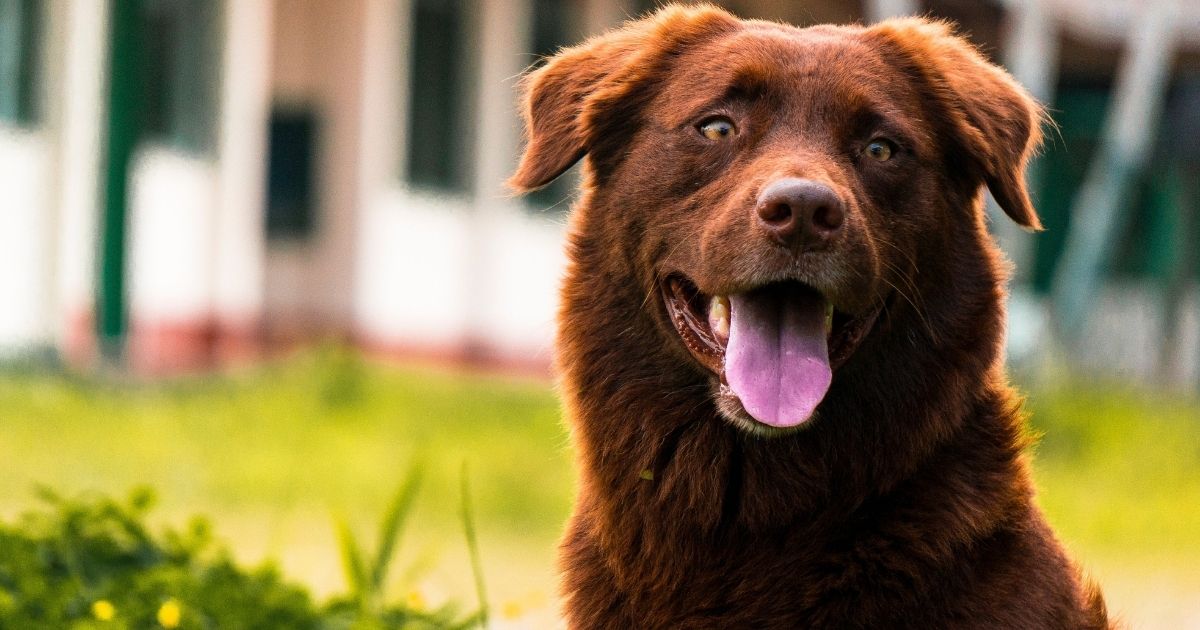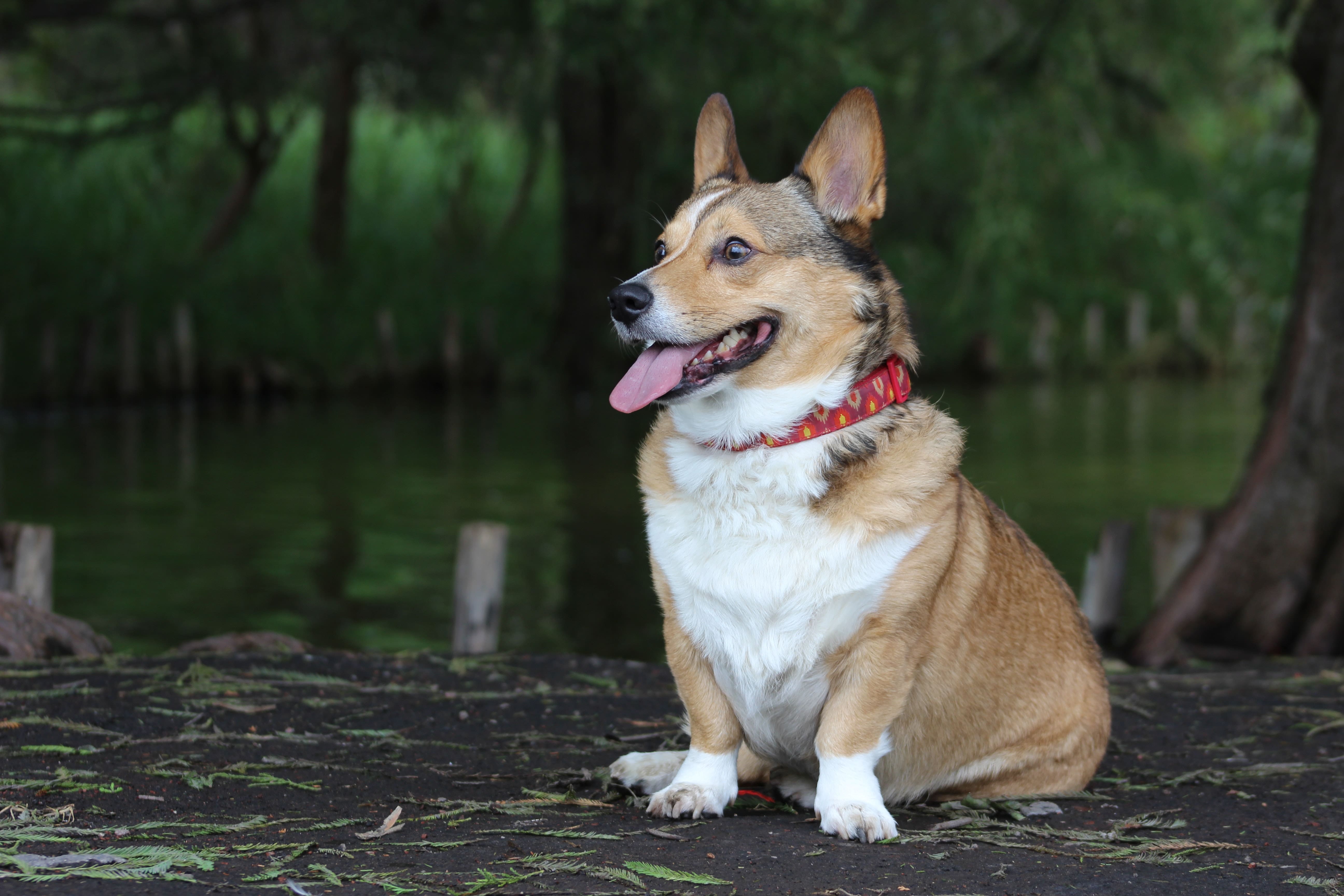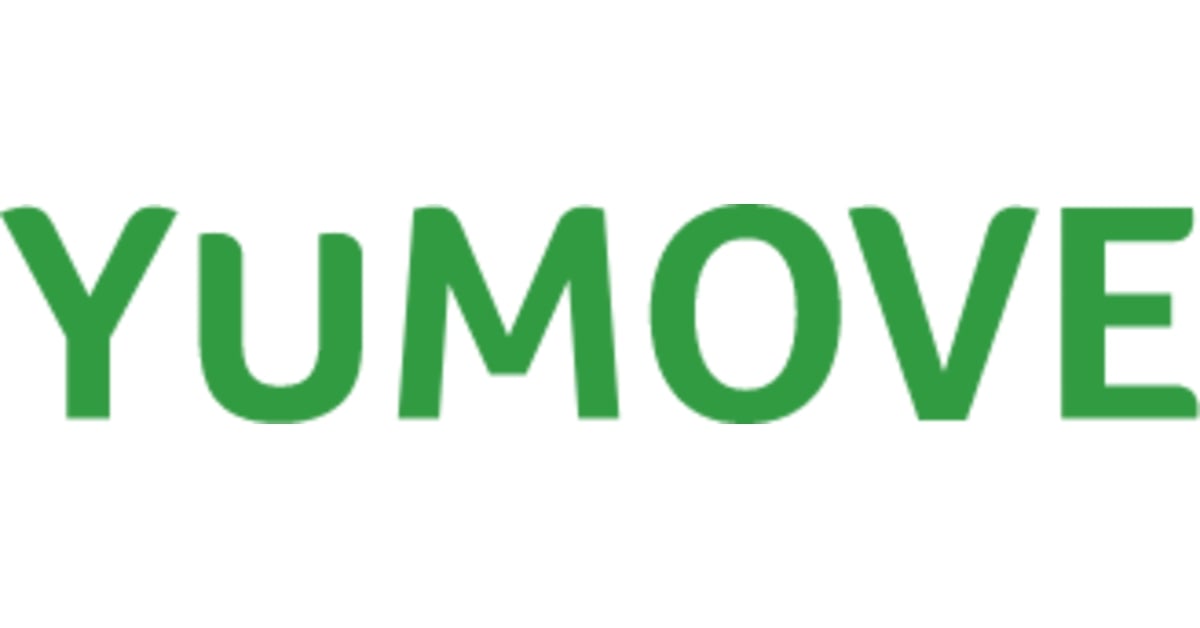This is a featured guest article from YuMOVE - makers of trip action hip & joint supplements for dogs that aid stiffness, mobility, and join structure. Helping over 1.5 million dogs globally every year.
Author: the YuMOVE Team.
Our dogs getting older is one thing we all as dog owners hate to think about. We want them to stay our little, lively puppies forever. As much as we may be in denial about our pup getting older, it’s important to make sure that we keep an eye on our older dog’s health and wellbeing to ensure they have the best quality of life possible. In this article, we explore 4 things to watch for in older dogs and how to help them.
When is my dog considered a ‘senior’?
A dog is considered to be a senior when they reach 7 years of age, although the signs of aging can depend on the size and breed of the dog according to The American Veterinary Medical Association. For example, very large breeds like Great Danes will age more quickly than smaller breeds. Taking this example, the Great Dane would be considered a senior age by 6 whereas a smaller breed like a Dachshund may not be considered senior until the age of 8 or 9.
Here are 4 things to watch out for in older dogs and how to help them:
Joint problems
As your dog gets older, they may experience signs of stiffness in its joints. The loss of lubrication and wearing away of cartilage in their shoulders, hips, and leg joints can be painful for your dog and could lead to arthritis.
There are a few areas that you can look at if your dog is experiencing stiff joints or reduced mobility:
- Nutrition – ensure that your dog is eating a healthy and balanced diet filled with highly nutritious food to maintain healthy joints.
- Supplements – introduce your dog to joint supplements like YuMOVE, which has been designed with a unique ActiveEase formula that actively aids stiff joints, helps mobility, and supports the joint structure.
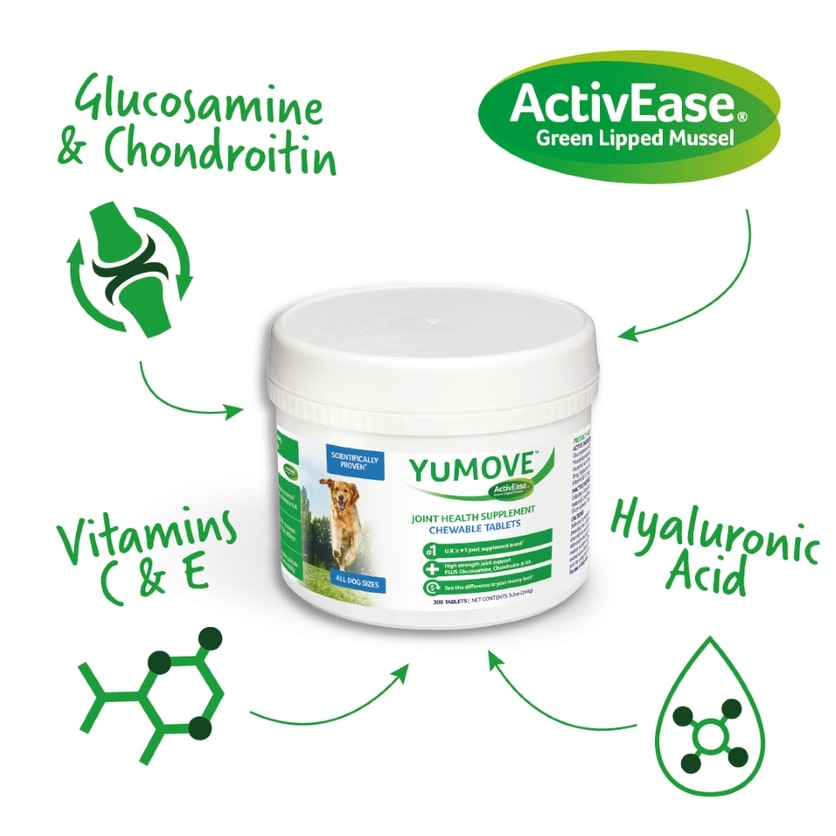
- Make the home safe – jumping up and down can be harmful to your dogs’ joints, buy a ramp or padded steps for your dog to easily climb up to the sofa or bed. Invest in well-padded bedding and make sure it’s away from any cold or damp drafts.
- Exercise – you should still exercise your dog to keep their joints limber and prevent muscle wastage. Work with your dog, at their speed. The walks will be shorter, but shorter and more frequent walks will help to prevent joints from stiffening up.
- Hydrotherapy – a type of in-water physiotherapy that’s a great way of providing low-impact exercise to build and tone muscle. The water supports your dog and gives a gentle resistance for them to work against.
Always consult your vet when your dog is experiencing stiffer joints; they can prescribe you pain relief for your dog.
Obesity
Obesity in dogs can have a significant impact on their health, especially as they get older as overweight, old dogs can be more prone to illness such as diabetes which can have a further damaging effect. It can contribute to and complicate the treatment of heart disease, joint problems, and some types of cancer.
To avoid your dog gaining unnecessary weight, you must feed them the right diet, an age-appropriate diet to make sure they’re getting all the nutrients and vitamins they need. They must be getting enough exercise that they can safely tolerate without hurting or exhausting themselves.
Dementia
Dogs, like humans, can lose cognitive function as they age, resulting in symptoms akin to those of dementia in humans. The following can all be signs of dementia in dogs:
- Confusion
- Disorientation
- Whining or barking for no reason
- Appears lost in a familiar situation
- Regression in toilet training (soiling accidents)
Like arthritis, unfortunately, there is no cure for dementia, but there are ways to help if your dog has dementia:
- Be patient
- Make sure they can always find their food, water, and bed
- Keep their routine similar
- Keep walking and exercising them
- Engage in some brain training with puzzles
Remember, always talk to your vet if you’re noticing signs of dementia or the signs are getting progressively worse.
Hearing & Vision Loss
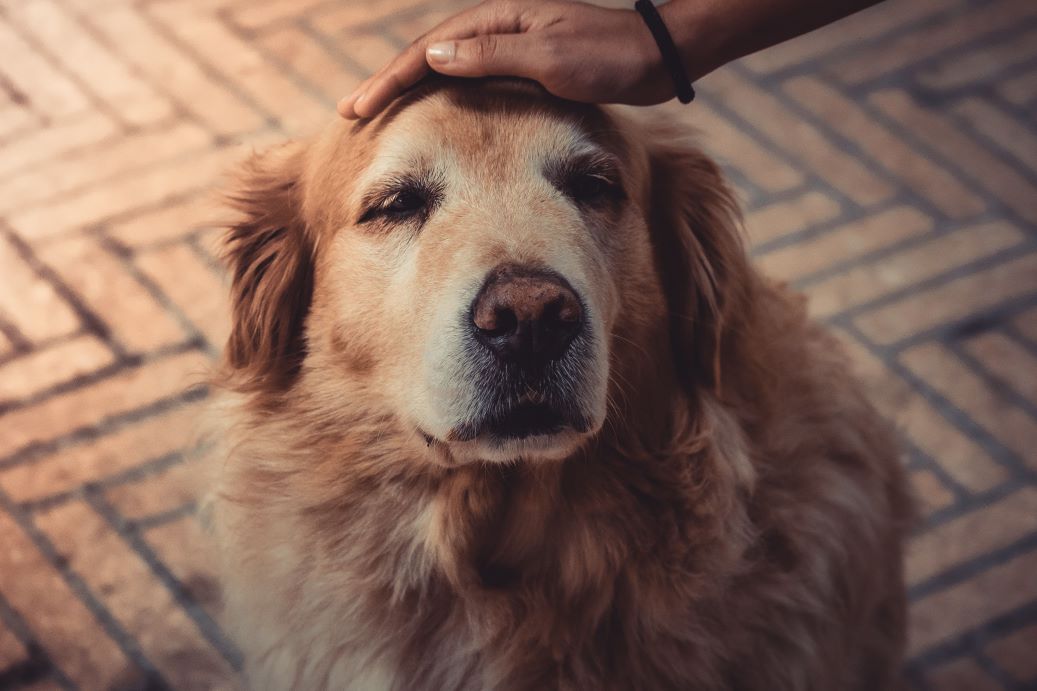
Unfortunately, hearing and vision in many older dogs significantly deteriorates with age, with some going completely blind, deaf, or both. Just because they lose their sight or hearing, it doesn’t mean they can’t keep living a happy life as they did before! Here are some tips:
- Although your dog may have lost their sight or hearing, they still have their taste, touch, and smell. Even when they can see the most used way that dogs interact through the world is through smell.
- Make your home safe for them by doing things like putting a baby gate on the stairs and blocking off pools so they don’t fall in. Cover any sharp objects or corners so they don’t bump into them! It’s important your dog still gets exercised so remember to never take them off the leash in areas that aren’t fenced or familiar.
- Create an environment or corner that is just for them so they can find all the essentials like food, toys, and bedding. By creating this area they’ll have some familiarity and will know exactly where to go.
- Make sure you help them with everyday things they used to find easy, like eating. You don’t have to feed them but just stay nearby and make it easier for them by bringing their food to their nose and take their chin to the edge of the bowl.
- Let people know about their blind or deafness, as this helps people become aware and change how they are and act with their dog. You can also purchase special collars that will let other dog walkers know your dog’s situation.
But always remember, this is your best friend you’ve come to love so much over the years. Yes, they’re growing old, and maybe they need that extra bit of attention, but that doesn’t mean you can’t still play together, love each other, or enjoy each other’s company. It’s going to be a little different but still as amazing as they were when they were once a puppy.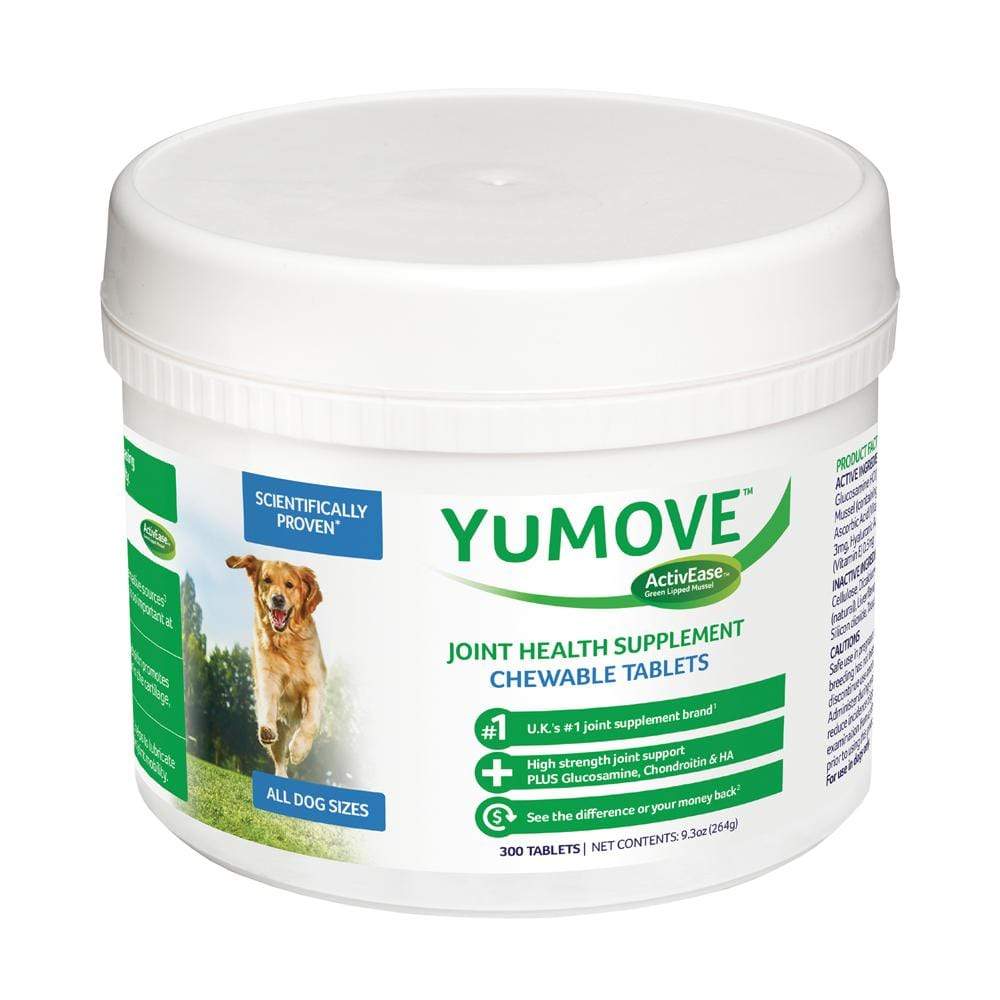
This is a featured guest article from YuMOVE - makers of trip action hip & joint supplements for dogs that aid stiffness, mobility, and join structure. Helping over 1.5 million dogs globally every year.
Author: the YuMOVE Team.



